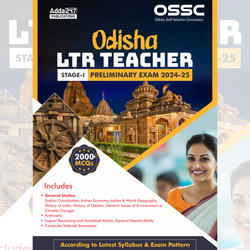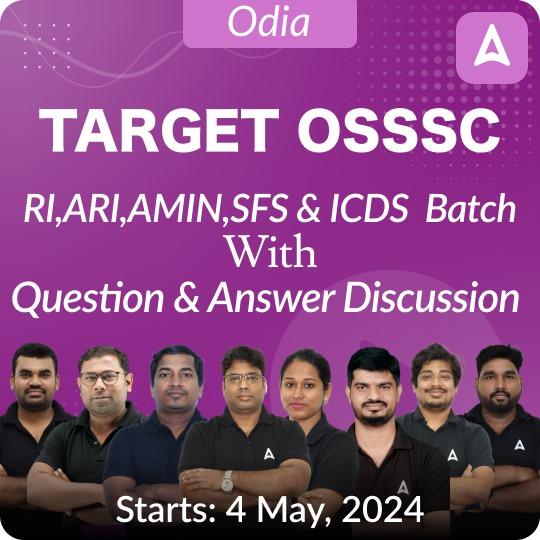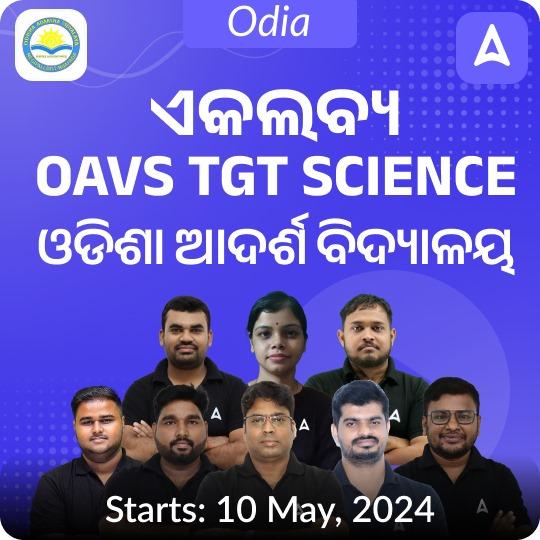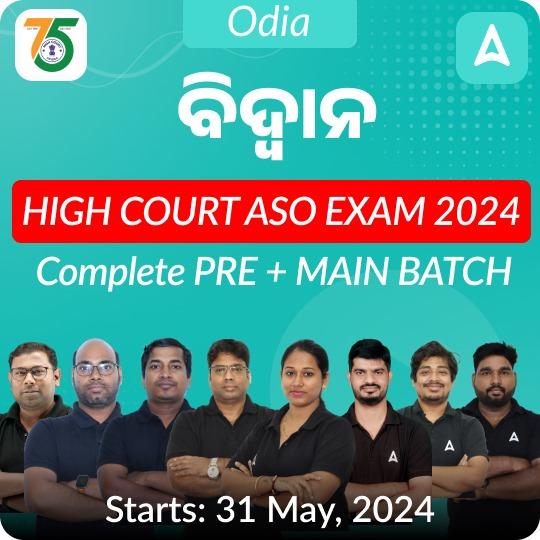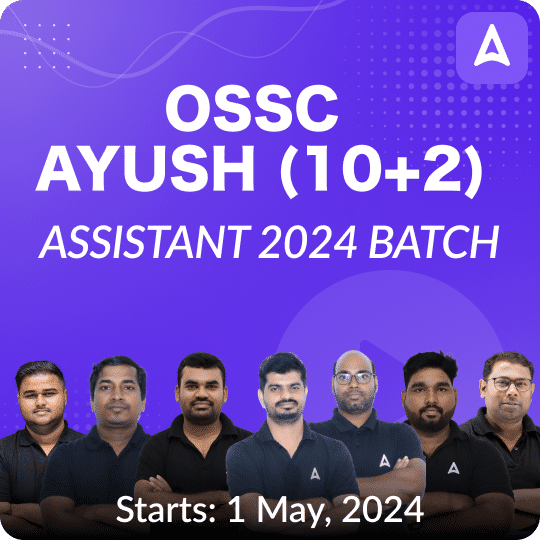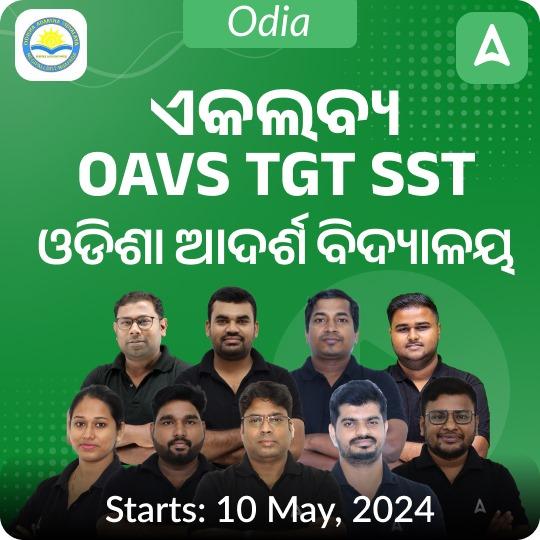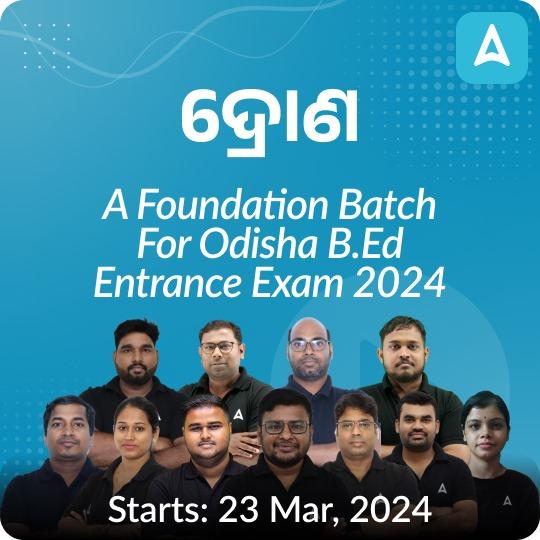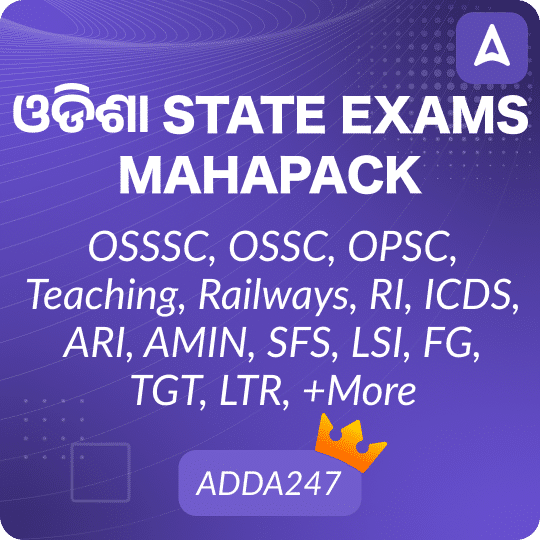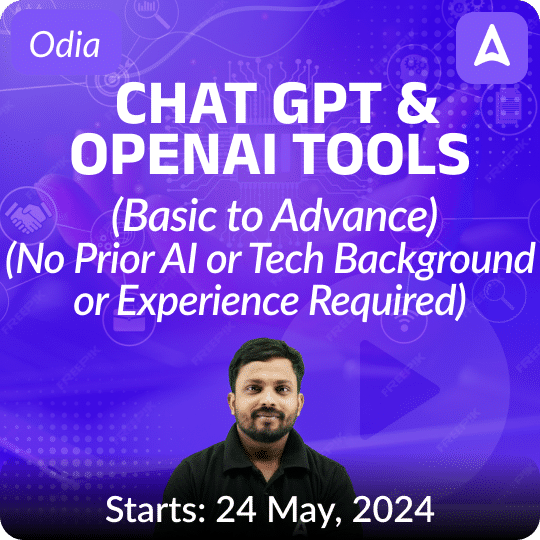Top 30 English MCQs For All Competitive Exams 25 November 2024
Q1. Select the synonym of the word “Abundant”:
(a) Scarce
(b) Plentiful
(c) Rare
(d) Meager
Ans: (b) Plentiful
Sol: “Abundant” means available in large quantities, and “Plentiful” is its closest synonym.
Q2. Select the antonym of the word “Conceal”:
(a) Reveal
(b) Protect
(c) Disguise
(d) Hide
Ans: (a) Reveal
Sol: “Conceal” means to hide, and its antonym is “Reveal,” which means to show or disclose.
Q3. Choose the synonym of the word “Candid”:
(a) Reserved
(b) Truthful
(c) Dishonest
(d) Shy
Ans: (b) Truthful
Sol: “Candid” means being open and truthful, hence its synonym is “Truthful.”
Q4. Select the antonym of “Impediment”:
(a) Hindrance
(b) Obstacle
(c) Aid
(d) Blockage
Ans: (c) Aid
Sol: “Impediment” means something that hinders progress, while “Aid” refers to assistance, making it the antonym.
Q5. Find the synonym of “Dexterous”:
(a) Skillful
(b) Clumsy
(c) Lazy
(d) Ignorant
Ans: (a) Skillful
Sol: “Dexterous” refers to showing great skill, especially with hands, making “Skillful” its synonym.
Q6. Change the following into indirect speech:
She said, “I will finish my homework.”
(a) She said that she would finish her homework.
(b) She said that she will finish her homework.
(c) She said that she finishes her homework.
(d) She said that she had finished her homework.
Ans: (a) She said that she would finish her homework.
Sol: “Will” changes to “would” in indirect speech.
Q7. Change the following into direct speech:
He said that he was feeling unwell.
(a) He said, “I am feeling unwell.”
(b) He said, “I was feeling unwell.”
(c) He said, “I had felt unwell.”
(d) He said, “I feel unwell.”
Ans: (a) He said, “I am feeling unwell.”
Sol: The indirect past continuous tense corresponds to the direct present continuous.
Q8. Change the following into indirect speech:
She said, “Where is my book?”
(a) She said where was her book.
(b) She asked where her book was.
(c) She asked where is her book.
(d) She asked where my book was.
Ans: (b) She asked where her book was.
Sol: In questions, the auxiliary verb and subject switch positions in indirect speech.
Q9. Change the following into passive voice:
He is writing a letter.
(a) A letter is written by him.
(b) A letter was being written by him.
(c) A letter is being written by him.
(d) A letter will be written by him.
Ans: (c) A letter is being written by him.
Sol: In the present continuous tense, “is/are + verb(ing)” changes to “is/are being + past participle.”
Q10. Change the following into active voice:
The work has been completed by her.
(a) She completed the work.
(b) She has completed the work.
(c) She is completing the work.
(d) She was completing the work.
Ans: (b) She has completed the work.
Sol: “Has been completed” in passive voice changes to “has completed” in active voice.
Q11. Choose the correct form of the sentence:
I shall return back in an hour.
(a) I shall return in an hour.
(b) I shall go back in an hour.
(c) I shall return back within an hour.
(d) No improvement
Ans: (a) I shall return in an hour.
Sol: The word “return” already implies coming back, making “back” redundant.
Q12. Identify the grammatical error in the sentence:
Each of the students have submitted their assignments.
(a) Each of the students
(b) have submitted
(c) their assignments
(d) No error
Ans: (b) have submitted
Sol: The correct form is “Each of the students has submitted” since “Each” takes a singular verb.
Q13. Fill in the blank with the correct option:
She is very good ___ mathematics.
(a) on
(b) at
(c) in
(d) over
Ans: (b) at
Sol: The correct preposition to indicate proficiency in a subject is “at.”
Q14. Choose the correct option:
The team will succeed if they ___ hard.
(a) works
(b) worked
(c) work
(d) will work
Ans: (c) work
Sol: In conditional sentences, the present tense follows “if” when referring to future possibilities.
Q15. Select the antonym of “Optimistic”:
(a) Hopeful
(b) Joyful
(c) Pessimistic
(d) Cheerful
Ans: (c) Pessimistic
Sol: “Optimistic” means positive or hopeful, while “Pessimistic” refers to a negative outlook.
Q16. Identify the correct tense for the sentence:
He ___ here since morning.
(a) has been working
(b) is working
(c) was working
(d) had been working
Ans: (a) has been working
Sol: Present perfect continuous tense is used for actions that started in the past and are still ongoing.
Q17. Choose the correctly structured sentence:
(a) The boy he plays football.
(b) The boy plays football.
(c) The boy he is playing football.
(d) The boy play football.
Ans: (b) The boy plays football.
Sol: The correct sentence follows subject-verb agreement without unnecessary pronouns.
Q18. Select the sentence without errors:
(a) She don’t like chocolates.
(b) She doesn’t likes chocolates.
(c) She doesn’t like chocolates.
(d) She do not like chocolates.
Ans: (c) She doesn’t like chocolates.
Sol: Correct subject-verb agreement is “doesn’t like.”
Q19. Fill in the blank with the correct preposition:
The teacher congratulated him ___ his success.
(a) in
(b) on
(c) for
(d) about
Ans: (b) on
Sol: The correct preposition to use with “congratulated” is “on.”
Q20. Choose the correct preposition:
The book is ___ the table.
(a) in
(b) at
(c) on
(d) into
Ans: (c) on
Sol: “On” is the appropriate preposition to indicate the position of an object on a surface.
Q21. Choose the correct conjunction to fill the blank:
She didn’t go to the party ___ she was unwell.
(a) and
(b) but
(c) because
(d) so
Ans: (c) because
Sol: The conjunction “because” is used to show the reason.
Q22. Select the correct option:
He will come to the meeting ___ he is invited.
(a) unless
(b) if
(c) though
(d) because
Ans: (b) if
Sol: “If” is the appropriate conjunction to indicate a condition.
Q23. Identify the error in the sentence:
He don’t know how to swim.
(a) He
(b) don’t
(c) know
(d) how to swim
Ans: (b) don’t
Sol: The correct form is “doesn’t,” as “He” is singular and takes a singular helping verb.
Q24. Spot the error:
The students was playing in the ground.
(a) The students
(b) was
(c) playing
(d) in the ground
Ans: (b) was
Sol: The plural subject “students” requires the plural verb “were.”
Q25. Choose the correct sentence:
(a) She has visited the museum yesterday.
(b) She visits the museum yesterday.
(c) She visited the museum yesterday.
(d) She had visited the museum yesterday.
Ans: (c) She visited the museum yesterday.
Sol: The past simple tense is appropriate for an action that occurred at a specific time in the past.
Q26. Fill in the blank with the correct form of the verb:
The children ___ football in the park every evening.
(a) plays
(b) play
(c) are playing
(d) is playing
Ans: (b) play
Sol: “Children” is plural, and the verb must agree with it in present tense.
Q27. Change into passive voice:
The dog chased the cat.
(a) The cat is chased by the dog.
(b) The cat was chased by the dog.
(c) The cat has been chased by the dog.
(d) The cat had been chased by the dog.
Ans: (b) The cat was chased by the dog.
Sol: Simple past tense changes to “was + past participle” in passive voice.
Q28. Change into active voice:
The cake has been baked by her.
(a) She bakes the cake.
(b) She baked the cake.
(c) She has baked the cake.
(d) She is baking the cake.
Ans: (c) She has baked the cake.
Sol: “Has been baked” changes to “has baked” in active voice.
Q29. Fill in the blank with the correct word:
Neither of the answers ___ correct.
(a) is
(b) are
(c) were
(d) have been
Ans: (a) is
Sol: “Neither” is singular and takes a singular verb.
Q30. Complete the sentence:
The clock ___ five before they left.
(a) strike
(b) strikes
(c) struck
(d) was striking
Ans: (c) struck
Sol: The past simple tense “struck” is appropriate for an action completed in the past.


